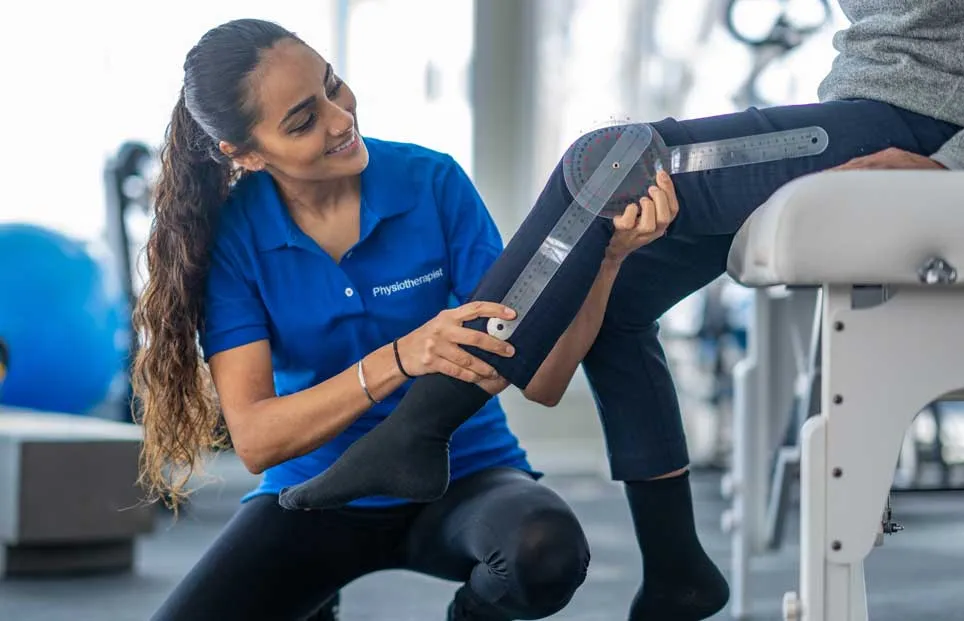Improving Rehab Results Through Efficient Functional Movement Assessment Protocols
Improving Rehab Results Through Efficient Functional Movement Assessment Protocols
Blog Article
Operational Movement Screening (FMS) is a beneficial instrument used to evaluate an person's movement mechanics. This screening helps determine any weaknesses or discrepancies in the musculoskeletal system, which can lead to harm if not addressed. In recovery settings, FMS can serve a crucial role in improving recovery results. By understanding how each individual moves, healthcare providers can design focused rehabilitation plans that focus on enhancing strength, mobility, and overall performance.
One of the main benefits of using FMS in recovery is its ability to identify specific aspects that need improvement. For example, if a client struggles with squatting or lunge movements, it may suggest a lack of flexibility in their hips or ankle joints. This information allows therapists to formulate personalized fitness regimens that highlight correcting these shortcomings. As a result, patients are more likely to recover their strength and ability, which is crucial for returning to daily tasks or sports.
Incorporating efficient FMS protocols can also assist prevent future harm. Many damages occur due to poor mobility mechanics or excessive use of specific muscle groups. By evaluating individuals before they start a recovery plan, therapists can identify hazards and establish strategies to reduce them. Informing patients about proper mobility mechanics and strengthening top article weak aspects can lead to sustained benefits, ensuring that they stay engaged and fit.
Moreover, the use of FMS can improve dialogue between healthcare providers and patients. When clients witness their movement patterns evaluated and explained, they gain a better comprehension of their rehabilitation journey. This transparency builds confidence and motivates patients to take an More from the author engaged role in their recovery. By engaging patients in their recovery process, they are more likely to adhere to prescribed activities and behavioral adjustments that promote better outcomes.
In conclusion, improving rehabilitation results through effective functional movement assessment protocols is essential for both clients and healthcare providers. By accurately evaluating mobility patterns, therapists can create tailored recovery plans that address specific requirements. This not only aids in rehabilitation but also helps prevent future harm. As patients become more engaged in their rehabilitation process, they are likely to achieve their objectives and maintain a fit, engaged way of living.